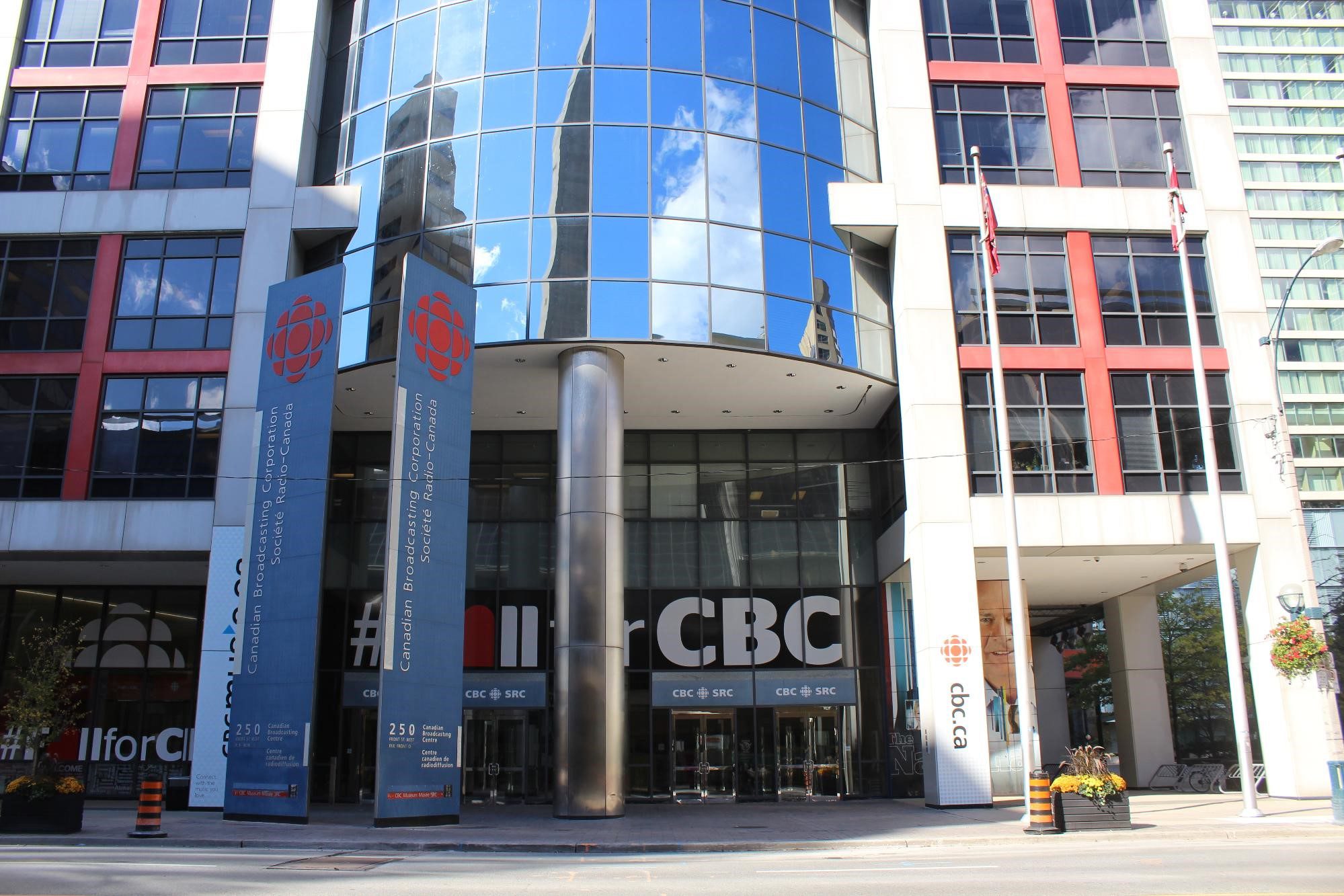COMPLAINT
You wrote to me as the Section Chief of the Division of Infectious Disease at the University of Calgary and Calgary Zone, Alberta Health Services, with a complaint about coverage done by CBC last April which you described as biased and misleading. Not only that, you wrote that CBC was guilty of “character assassination.”
The key story you identified as problematic was reported on both radio and television. However, your complaint focused primarily on an online article that was published on April 21 under the headline “Top Canadian WHO adviser under fire after downplaying airborne threat of COVID-19”.
The adviser in question is Dr. John Conly, an infectious diseases physician and, like you, a professor of medicine at the University of Calgary. CBC’s article portrayed Dr. Conly as a key player in an argument over whether the spread of the novel coronavirus (SARS-CoV-2) was primarily airborne or through respiratory droplets. This was the subject of an online panel webinar presented by U of C on April 9 in which Dr. Conly took part. CBC’s article began:
An influential Canadian doctor and top adviser to the World Health Organization has come under fire from international experts for his controversial comments downplaying the risk of airborne spread of the coronavirus.
Dr. John Conly, an infectious diseases physician and professor of medicine at the University of Calgary, not only denied that aerosol transmission is a primary route of transmission, despite mounting evidence to the contrary, but also said that N95 masks can cause “harms” — including acne.
“Any time you look at benefits, you need to look at harms, of which there are many harms with N95s — and I think to ignore them you are at your peril,” Conly told a panel discussion at the University of Calgary on April 9 on the role of airborne transmission in the COVID-19 pandemic.
“There is acne, also issues with eczema, conjunctivitis, CO2 retention; there has been decreased O2 concentrations in pregnant women — many side-effects to this.”
His comments on oxygen and carbon dioxide have been largely discredited, with a 2014 study in the American Journal of Infection Control showing no significant differences in levels between pregnant and non-pregnant women wearing N95 masks.
The WHO’s position is there’s a possibility that aerosol transmission can lead to outbreaks of COVID-19 in certain situations. A change in stance from the WHO on aerosol transmission as the main driver would have huge implications on the need for increased air ventilation and better personal protective equipment for health-care workers and essential workers around the world.
The article quoted several other scientists who embraced the theory of aerosol transmission, and included their critical remarks about Dr. Conly. Here is one example:
“Frankly, I think he just can’t admit he’s wrong,” said Linsey Marr, an expert on the airborne transmission of viruses at Virginia Tech in Blacksburg, Va.
“He does carry a lot of weight with WHO, and unfortunately I think his thinking is still stuck in what we knew 20 or 30 years ago and hasn’t updated with what we’ve learned since then — and especially what we’ve learned over the past year.”
You did not feel this was fair. You called CBC’s journalism “egregious” and included with your complaint a letter signed by 150 doctors that elaborated on your concerns:
The CBC article and its contributors (mostly aerosol biologists who are generally not physicians and do not treat patients) suggest without subtlety that Dr. Conly is out of date. They use denigrating terms such as; “discredited”, “can’t admit he is wrong”, “stuck in what we knew 20-30 years ago” and “hasn’t updated”. In fact, nothing could be further from the truth. Dr. Conly is involved in dozens of COVID-19 related research projects with collaborators the world over, partakes in endless seminars and webinars to keep abreast of the latest developments. He has a commanding grasp of the literature on all aspects related to COVID-19. Further, they imply that in his role as an advisor to the World Health Organization (WHO) that he is singularly responsible for the WHO’s guidelines for infection prevention in healthcare. Rather, Dr. Conly is one of almost 40 experts from multiple disciplines that provide input into these guidelines.
You complained that not only was CBC’s story misleading on a complex medical topic, it had real-life repercussions for Dr. Conly:
As a consequence of this reporting, there has been a barrage of vicious personal attacks against a highly dedicated and well-regarded physician. These “cybermob attacks” are increasingly a topic of concern for academics. The CBC, and their contributors have at best been enablers and at worst instigators in this.
You warned that this type of journalism might well deter other scientists from speaking to CBC in the future.
MANAGEMENT RESPONSE
The Executive Producer of the CBC News Health Unit, Mark Harrison, responded to your complaint. He disagreed that Dr. Conly was treated disrespectfully.

